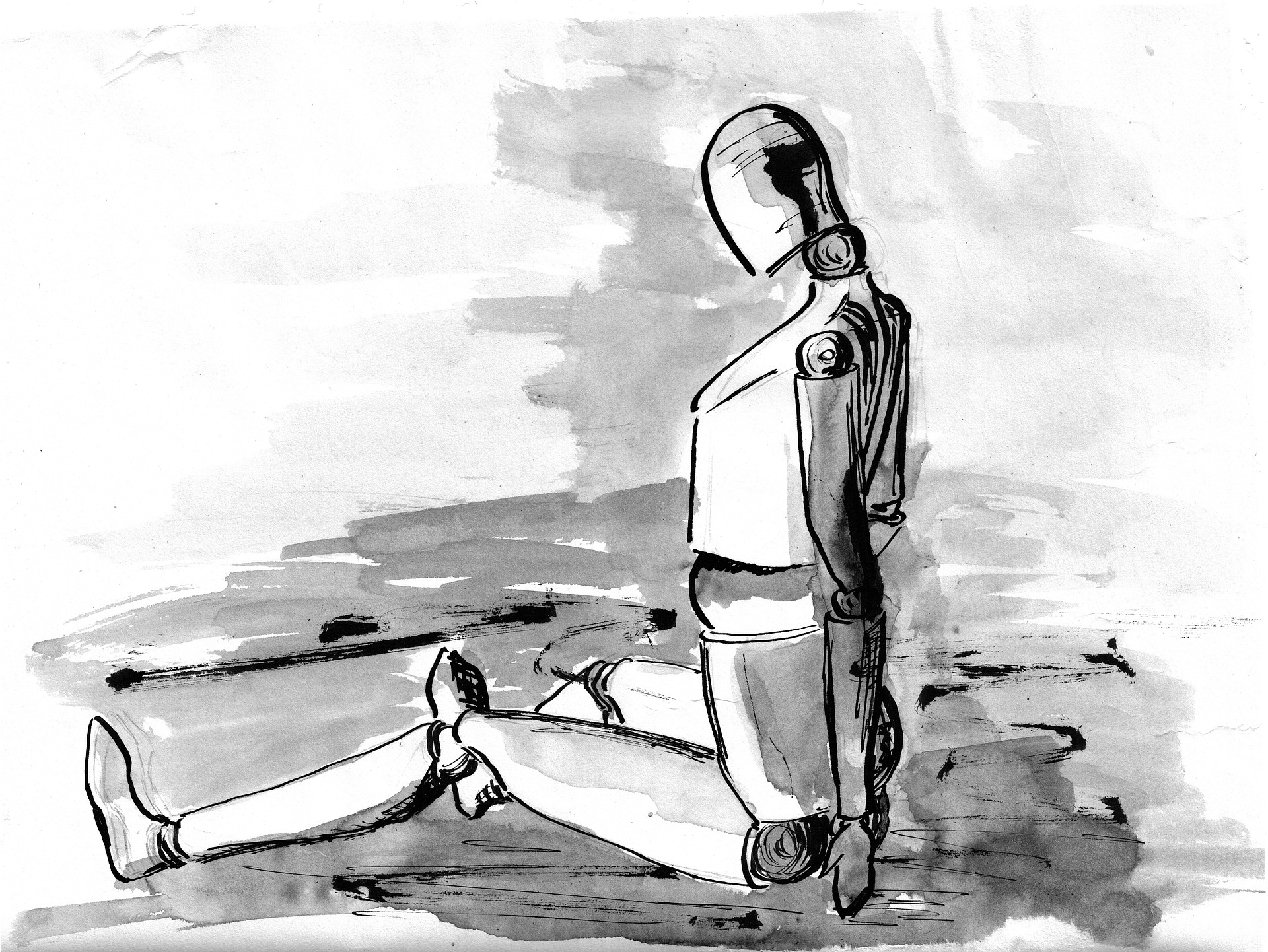There Is No Try
There comes a quiet moment when the soul remembers — it was never meant to live in chains. Not of the world, but of thought, fear, and forgetting. Freedom isn’t earned through effort, but revealed through awakening. You were never broken.





